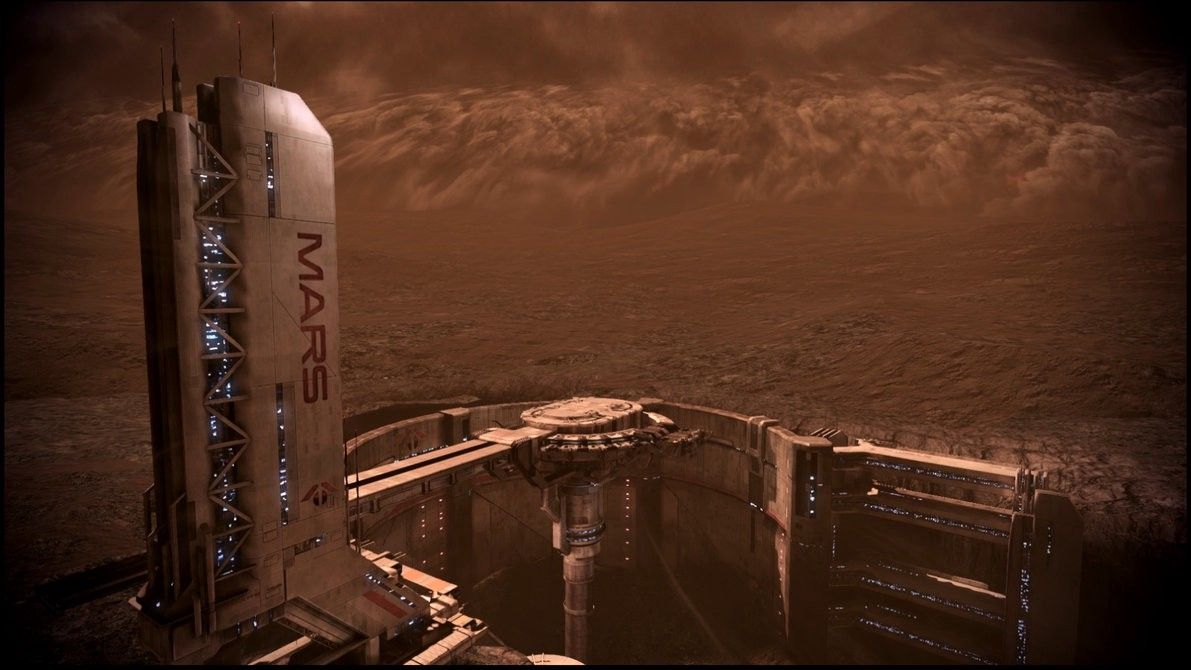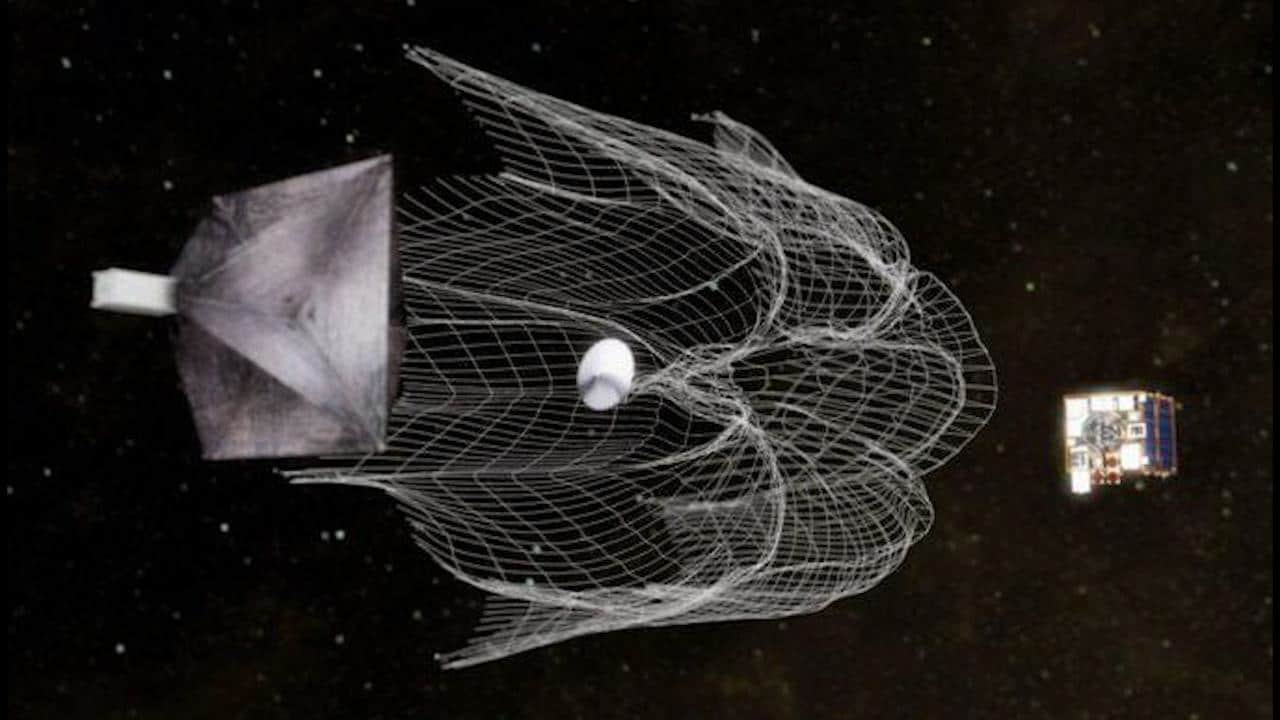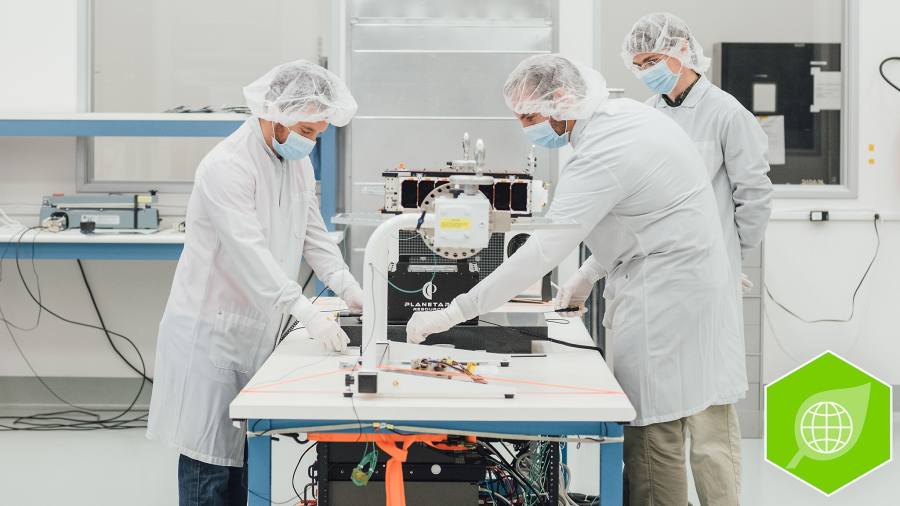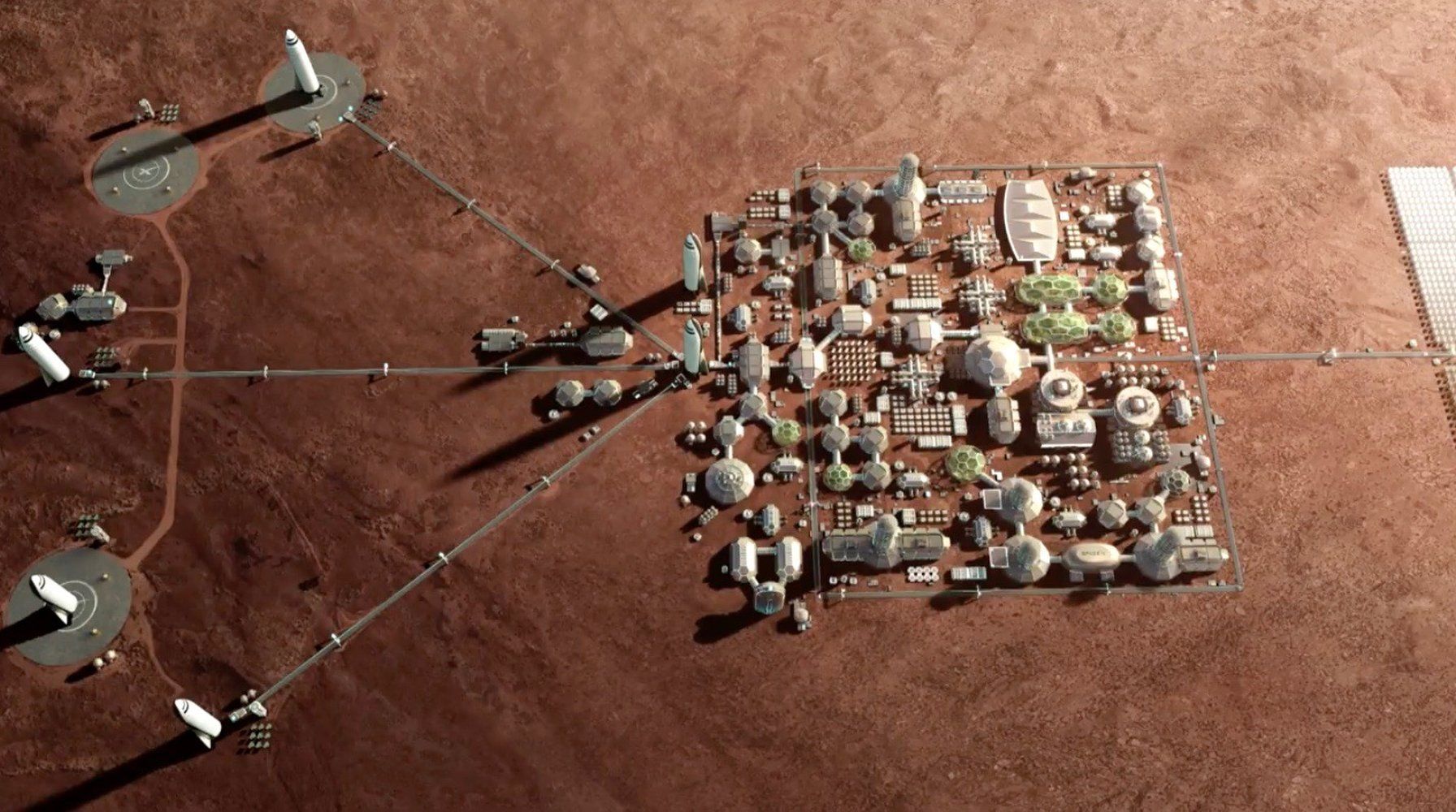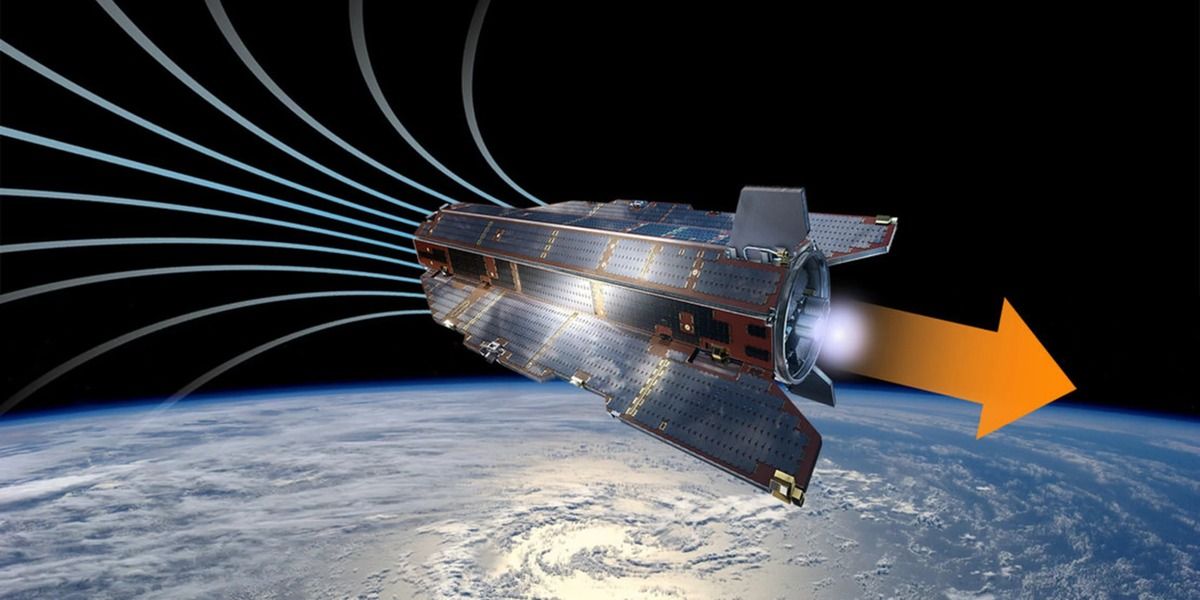Archive for the ‘space travel’ category: Page 426
Apr 2, 2018
A Blockchain For Mars
Posted by Klaus Baldauf in categories: bitcoin, cryptocurrencies, finance, space travel
Outside John Snow Pub, arguably one of the best pubs to visit on a rainy November day in Soho, London, I was having a beer with my dear friend Alex, discussing tech and cryptocurrency like we always do. The thing that struck me the most from the conversation that Alex brought up was the technical challenges of Mars to have its own blockchain due to speed of light delays between Earth and Mars. It took me on a little journey of determining what might a blockchain on Mars look like, what are the challenges brought upon by speed of light and other factors, and how to push forward the efforts of colonizing the Red Planet.
The past few years and especially 2017 have brought cryptocurrency to the mainstream. Everyone and their grandmother can be seen at one point asking around “How can one buy bitcoin?” and “Would you buy Ripple?” among other questions. Every day, someone armed with a badly-edited whitepaper (a paper outlining how the technology works) will raise millions of dollars in Initial Coin Offerings, or ICOs (the cryptocurrency version of a stock market IPO). By now, one can see that, while 99% of the coins will probably fail due to bad planning, overpromised marketing, or because of their scammy nature, there is no doubt that the future of the cryptocurrency market is bright and it has a lot of room for growth.
The race to Mars is on going. SpaceX still is leading the efforts to allow humans for colonization of the Red Planet, most recently with their two simultaneous Falcon Heavy rocket landings.
Apr 1, 2018
How does science fiction influence the real world?
Posted by Derick Lee in categories: computing, Elon Musk, space travel, virtual reality

The tech-industry is led by sci-fi nerds who want to create the things they read about, or saw on screen.
We all stand to benefit, provided that is, they can avoid the ethical pitfalls depicted in science fiction.
Continue reading “How does science fiction influence the real world?” »
Mar 29, 2018
Astro litter-picker launches to help clean up 7,600 tonnes of space junk
Posted by Genevieve Klien in categories: Elon Musk, space travel
T he world’s most advanced litter-picker will be launched into space next week to clean up floating debris which is threatening satellites and the International Space Station (ISS).
Surrey University has designed a spacecraft which can grab space junk then pull it into Earth’s atmosphere where it is burned up.
The little craft, named RemoveDebris, is due to launch from the Kennedy Space Centre on Monday, on board one of Elon Musk’s SpaceX Falcon 9 rockets.
Continue reading “Astro litter-picker launches to help clean up 7,600 tonnes of space junk” »
Mar 29, 2018
The Alt Rocket Tech That May One Day Take Humans to Mars
Posted by Carse Peel in category: space travel

A one-way trip to Mars with conventional chemical rockets could take up to nine months. It’s a long time for humans to be in a spaceship exposed to radiation and other hazards. That’s one reason NASA, space agencies, universities, and private industry are pursuing different rocket technologies. Here’s a look at them.
Mar 28, 2018
Asteroids to serve as refuelling stations for space exploration
Posted by Klaus Baldauf in categories: business, space travel
Many asteroids are rich in minerals, metals and water, making them potential life support systems for humans venturing deep into the solar system.
“Asteroids contain all the materials necessary to enable human activity,” says Peter Stibrany, chief business developer and strategist of California-based Deep Space Industries (DSI). “Just those near Earth could sustain more than 10bn people.”
Moreover, their relatively small mass means their gravitational field is weak, so in this respect, at least, they are much easier than larger bodies such as the moon to land on and leave, he argues.
Mar 28, 2018
New image shows how the Sun changes over a 22-year cycle
Posted by Genevieve Klien in categories: particle physics, space travel
Out of billions of stars in the Milky Way galaxy, there’s one in particular, orbiting 25,000 light-years from the galactic core, that affects Earth day by day, moment by moment. That star, of course, is the sun. While the sun’s activity cycle has been tracked for about two and a half centuries, the use of space-based telescopes offers a new and unique perspective of our nearest star.
The Solar and Heliospheric Observatory (SOHO), a collaboration between NASA and the European Space Agency (ESA), has been in space for more than 22 years — the average length of one completed solar magnetic cycle, according to an image caption from ESA. In the new image, SOHO researchers pulled together 22 images of the sun, taken each spring over the course of a full solar cycle. When the sun is at its most active, strong magnetic fields show up as bright spots in the sun’s outer atmosphere, called the corona; black sunspots appear as concentrations of magnetic fields reduce the sun’s surface temperature during active periods as well.
Throughout the sun’s magnetic cycles, the polarity of the sun’s magnetic field gradually flips. This initial phase takes 11 years, and after another 11 years, the magnetic field’s orientation returns to where it began. Monitoring the entire 22-year cycle provided significant data regarding the interaction between the sun’s activity and Earth, improved space-weather forecasting capabilities and more, ESA officials said in the caption. SOHO has revealed much about the sun itself, capturing “sunquakes,” discovering waves traveling through the corona and collecting details about the charged particles it propels into space, called the solar wind.
Continue reading “New image shows how the Sun changes over a 22-year cycle” »
Mar 28, 2018
Mars Colony Would Be a Hedge Against World War III, Elon Musk Says
Posted by Julius Garcia in categories: asteroid/comet impacts, climatology, Elon Musk, existential risks, robotics/AI, space travel, sustainability
Humanity’s brutal and bellicose past provides ample justification for pursuing settlements on the moon and Mars, Elon Musk says.
The billionaire entrepreneur has long stressed that he founded SpaceX in 2002 primarily to help make humanity a multiplanet species — a giant leap that would render us much less vulnerable to extinction.
Human civilization faces many grave threats over the long haul, from asteroid strikes and climate change to artificial intelligence run amok, Musk has said over the years. And he recently highlighted our well-documented inability to get along with each other as another frightening factor. [The BFR: SpaceX’s Mars Colony Plan in Images].
Mar 25, 2018
Mars Travel Could Get Easier Thanks to a New Air-Breathing Thruster
Posted by Genevieve Klien in category: space travel
One of the big issues for traveling to Mars is fuel. It’s a lot of weight to carry in order to travel that far. A new thruster from the European Space Agency could be the answer to that problem and the next step in interplanetary journeys to the red planet.
Mar 24, 2018
At Amazon’s MARS Conference, Jeff Bezos Plots The Future With 200 (Very) Big Brains
Posted by Klaus Baldauf in categories: robotics/AI, space travel
Amazon’s “summer camp for geeks” brought together some of the world’s leaders in AI, home automation, robotics, and space exploration. And, naturally, a robotic dog.

